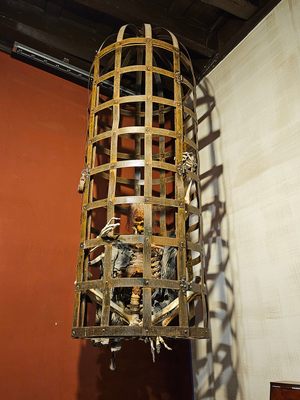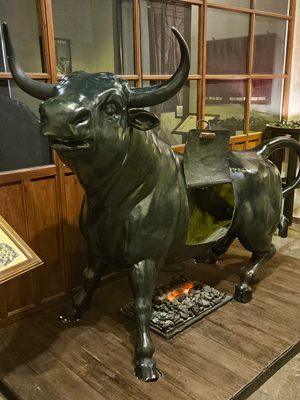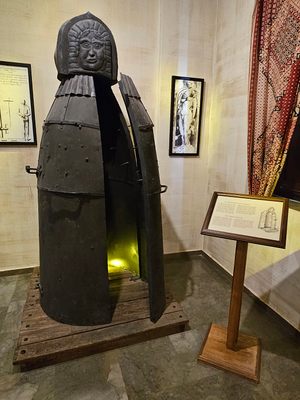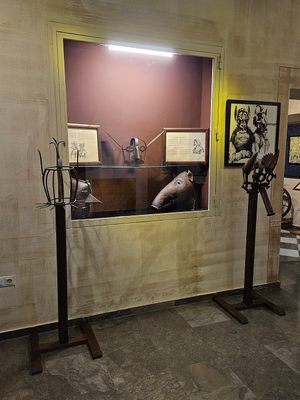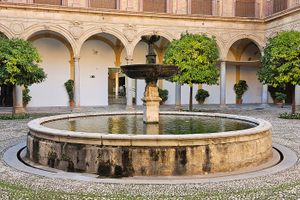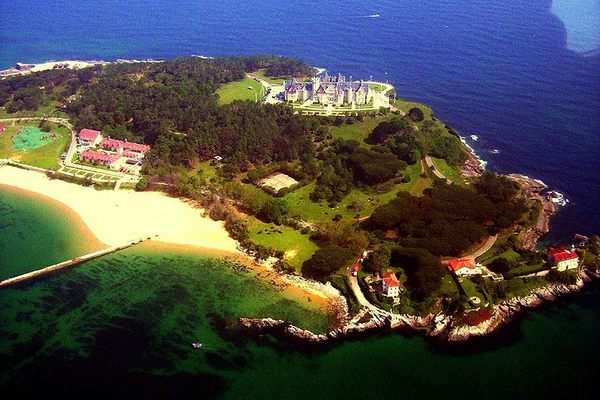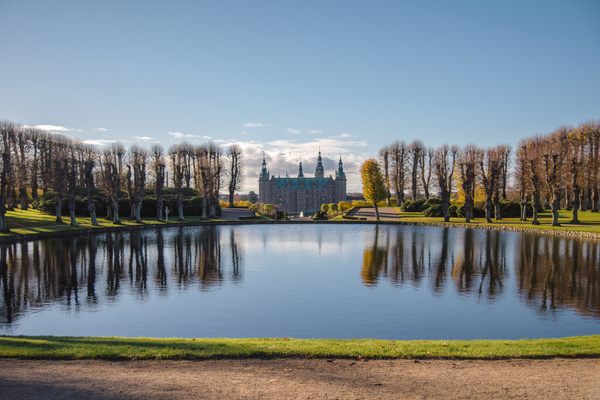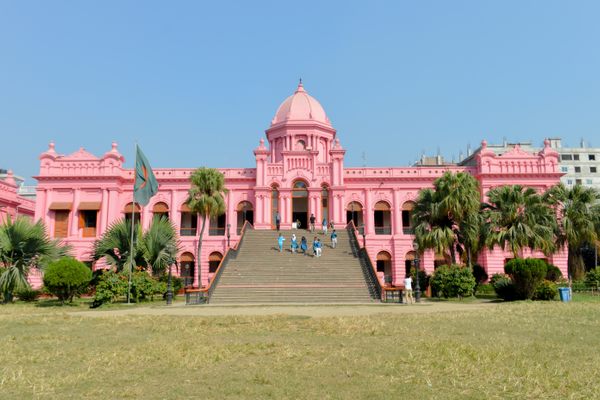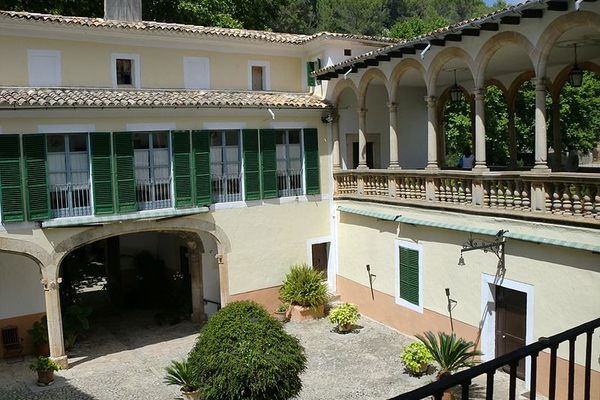About
Located on the hillside near Granada’s city center, the Albaicín neighborhood features many historic buildings. In fact, the area is part of the UNESCO World Heritage site that includes the Alhambra. Businesses in this area tend to cater to tourists, but the Palacio de los Olvidados (Palace of the Forgotten) has taken a rather unique approach.
The 16th-century mansion sits in a narrow alleyway on the lower hillside of the neighborhood. The structure features four floors with a patio on the third floor that provides nice views of the Alhambra and a small fenced-in courtyard on the ground level. However, if the building did not operate as a tourism business, it would largely blend into the cityscape.
The ground floor of the Palacio de los Olvidados features a performance space named Palacio Flamenco. Granada is located in Andalucia, where flamenco originated from the intermingling of Muslim, Jewish, and Gitano cultures within the region, and these performances are quite popular.
The upper floors of the building feature a torture museum called the Museo de la Inquisición (Museum of the Inquisition). This space includes full replicas of many of the types of instruments of torture used during the medieval era but especially by the Spanish Inquisition after the Reconquista. The highlights include an iron maiden, a spiked interrogation chair, and a brazen bull (a metal statue of a bull where a person would be shut inside and then roasted alive by a fire lit below the statue). Additional special exhibitions are organized on the museum's top floors.
While the combination of these attractions may seem completely incongruous, this combination makes the Palacio de los Olvidados stand out from the crowd.
Related Tags
Know Before You Go
The Palacio de los Olvidados is located in an alleyway named Cuesta de Santa Ines, which runs from Carrera del Darro near the river at the bottom of the hill to Calle San Juan de los Reyes further up the hillside. The bottom part of the alleyway is just slightly east of the Plaza de Santa Ana, and signs on the sidewalk adjacent to Carrera del Darro and on the walls of the buildings lining the alleyway point to the Palacio de los Olvidados so that visitors can find it.
Cuesta de Santa Ines has many steps, so people with limited mobility will have difficulty reaching the building.
The Museo de la Inquisición is generally open from mid-morning into the early evening. The flamenco performances are scheduled in the evenings after the museum on the upper floors have closed. See the website for details.
Note that it is possible to buy tickets for either the museum or the flamenco performances by themselves or for both together. While a ramp provides access from the front entrance to the flamenco stage, the upper floors are only accessible by stairs.
Community Contributors
Added By
Published
December 13, 2024





